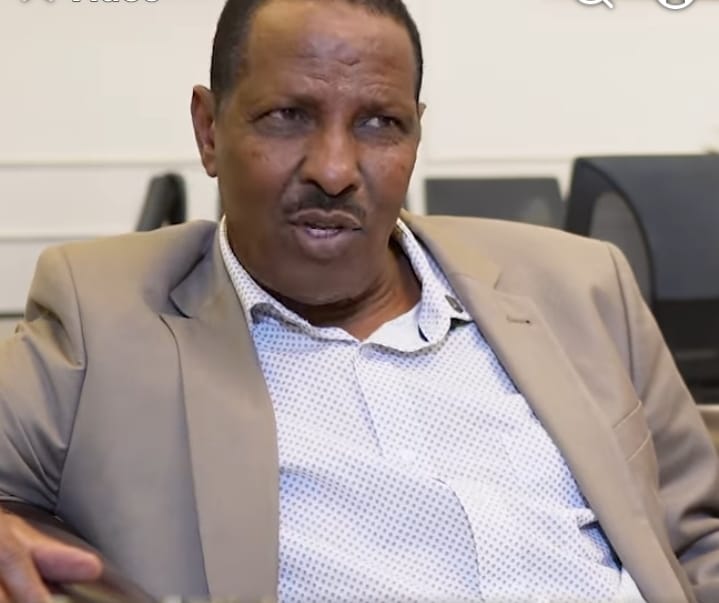Abdullah Hassan Mohamed, a former pilot and energy expert who has lived in Canada for over 30 years, has spoken out in defense of the recent Somalia–Türkiye offshore oil exploration agreement. His comments come in response to growing disinformation on social media, where claims have circulated that “Türkiye is taking 90% while Somalia gets only 5%.”

Drawing on his experience in Alberta — Canada’s oil-rich province — Mohamed explained:
“I’ve lived in Alberta for decades. Here, oil companies take 99% of the profit until they recover their costs, and the Alberta government receives just 1% during that phase. The key difference is, Alberta contributes to the process — it provides security for the ships and oil workers. Somalia, on the other hand, contributes nothing, yet people expect equal returns.”
Mohamed emphasized that the 90% figure being quoted applies only during the cost recovery phase, which is standard practice in the global energy sector. He added:
“Once Türkiye recovers its investment, the deal will shift to a more balanced structure. In Alberta, once costs are recovered, the province gets 25% to 45% in royalties. I can provide written documentation on that. Similarly, once the expenses are recovered, 90% of Somalia’s oil will belong to Somalia.”
He warned that misinformation is being used as a political weapon:
“This isn’t the first time Somali oil has been sabotaged. In the 1970s, Gulf countries deliberately blocked oil development in Somalia. Today, we are seeing organized efforts — possibly backed from abroad — trying to damage Somalia–Türkiye relations by spreading falsehoods online.”
Mohamed called on Somalis to be cautious about what they consume on social media and to recognize who is truly supporting the country’s future:
“Türkiye has always stood by Somalia. Instead of attacking our allies, we should be thanking them.”
In recent days, several Somali academics and energy experts have come forward to counter the false narratives. WAJ previously published comments from energy specialist Karar Doomey, who also defended the legitimacy and fairness of the deal.



